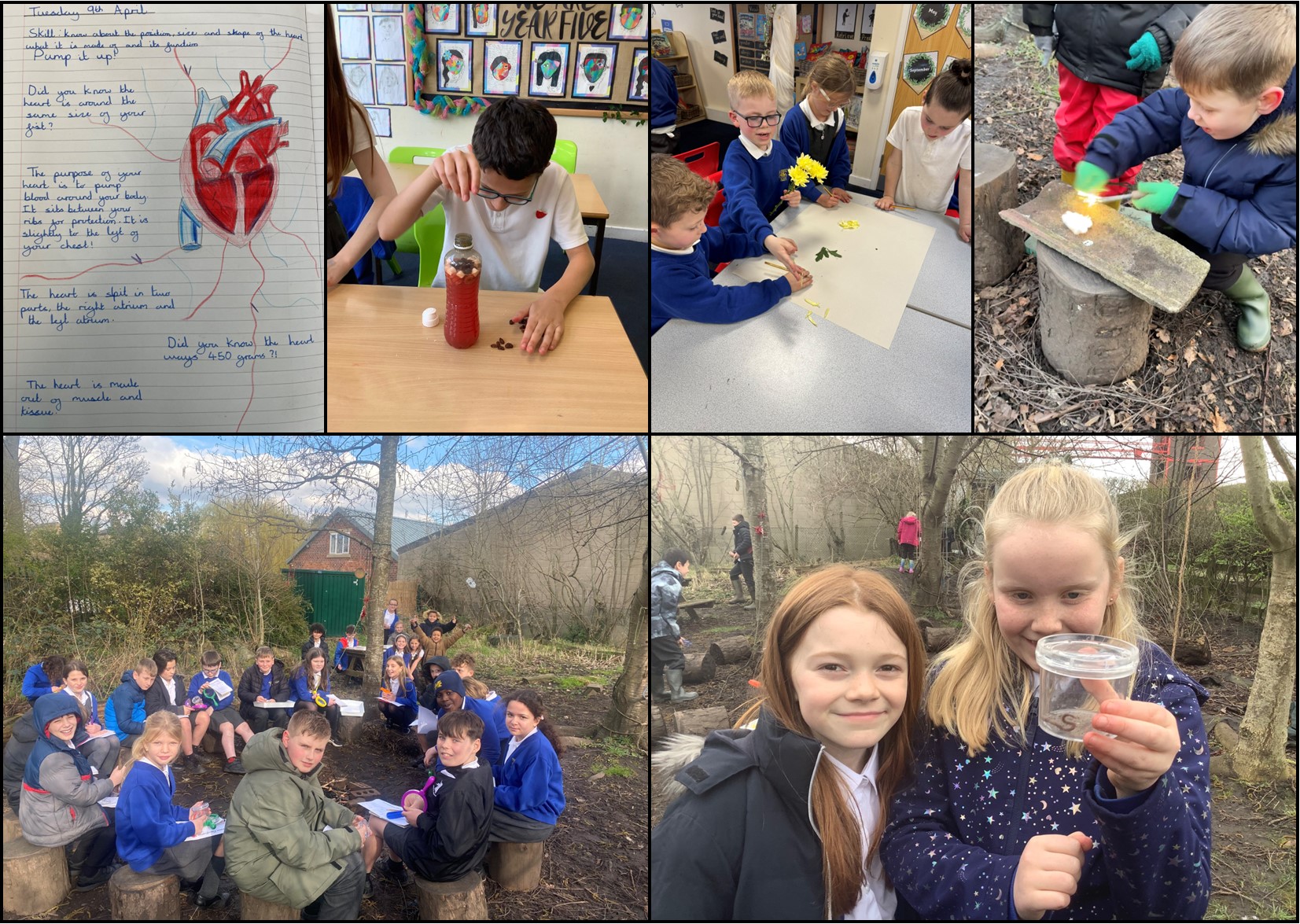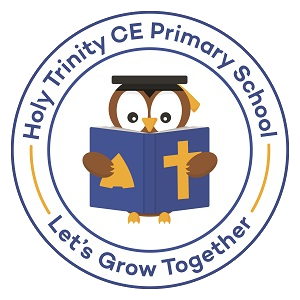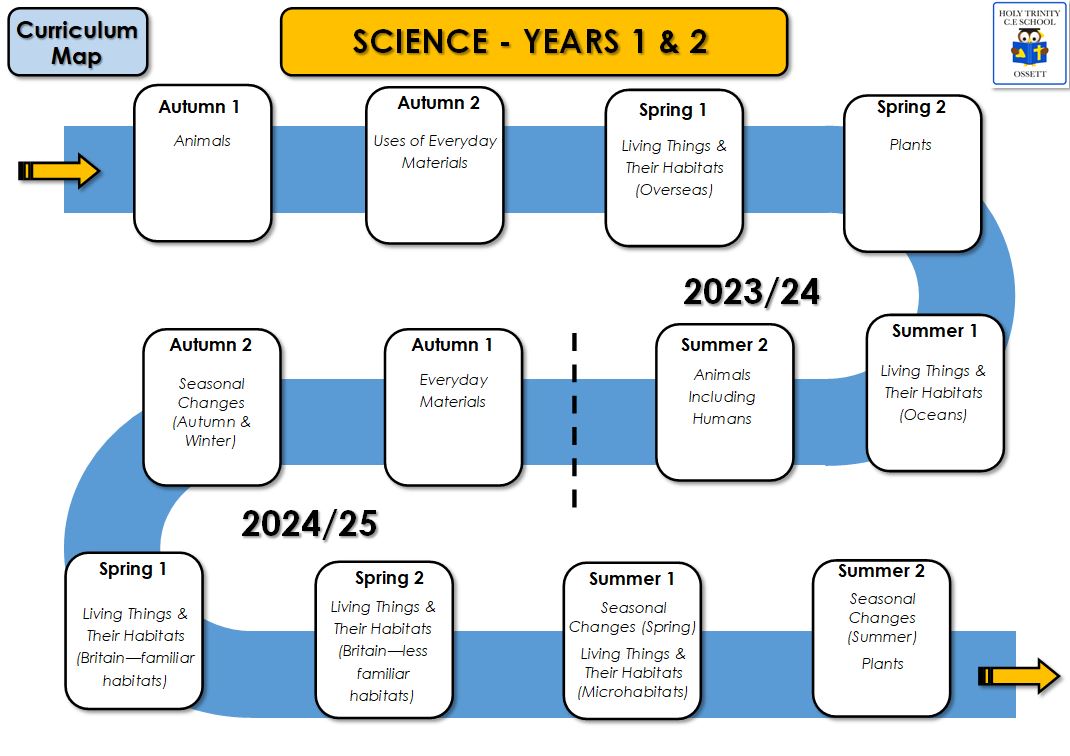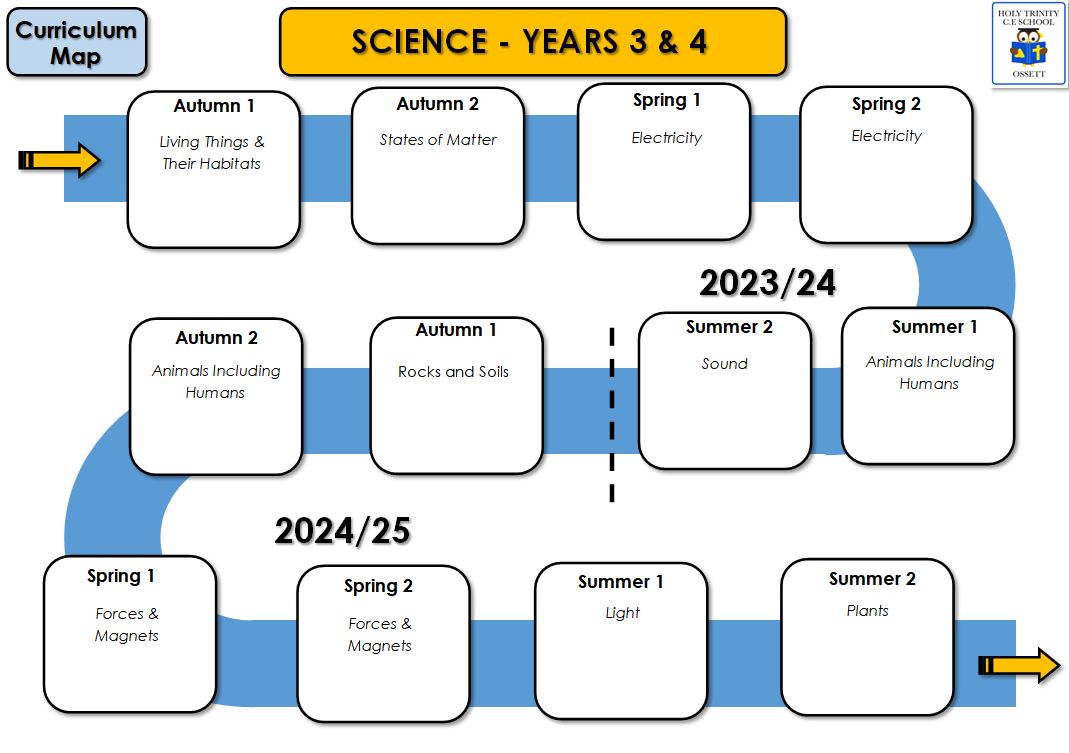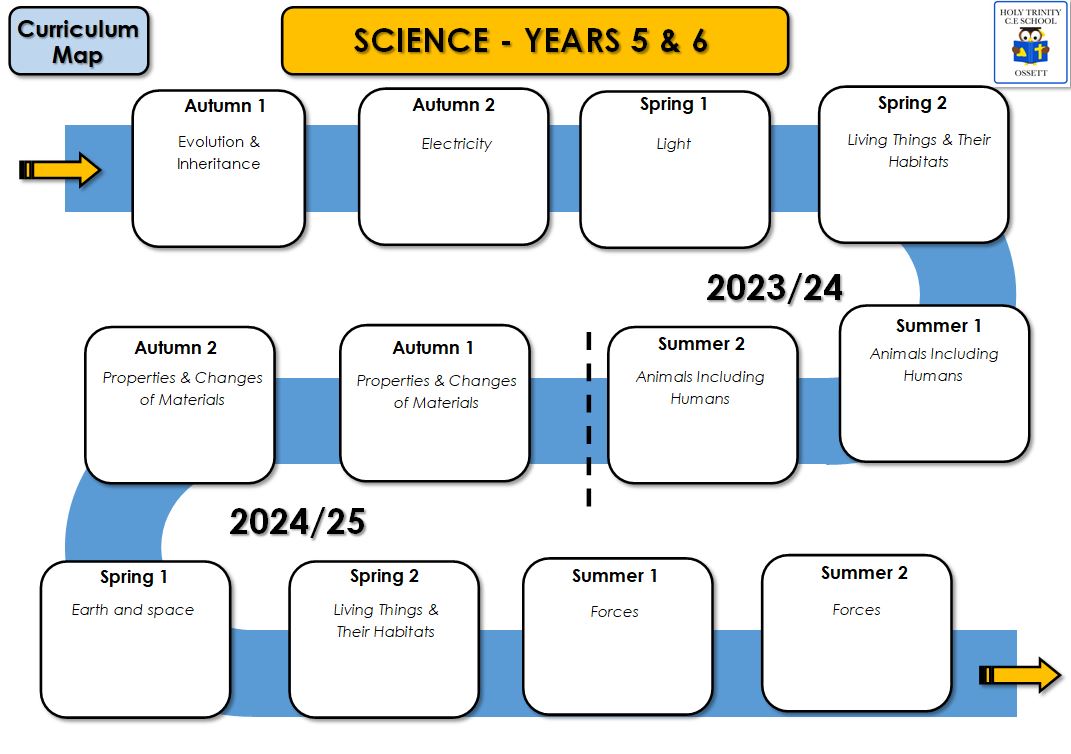Science
"At Holy Trinity, we believe that a high-quality science education provides the fundamental foundations for understanding the natural world. Our children will learn as scientists, from an early age, where they will question and investigate everything around them to discover scientific phenomena in their immediate environment.
As children progress through school, they will be encouraged to: think creatively and independently; raise and answer their own questions; be ambitious in and use scientific vocabulary correctly in all lessons; and they will be given plentiful opportunities to build their confidence in the full breadth of working scientifically skills. Our science lessons teach investigative skills to stimulate creative thought, through practical activities and every day experiences, using purposeful and real-life links wherever possible. Alongside methods of enquiry, we equip children with a breadth of scientific knowledge required to understand the uses and implications of science today and for the future.
In our science lessons, we place great emphasis on thinking and speaking like scientists through high-quality modelling and questioning. We strive to excite and engage children through our ‘hands-on’ practical science curriculum, so that lessons stimulate an awe and wonder to make those ‘wow’ moments all the more memorable. Our lessons have been sequenced carefully to enable children to build on previously taught concepts and existing understanding. We intend to extend children’s knowledge through application and reasoning, providing every child with opportunities to explore challenging ideas. Our very own wildlife garden provides all children with first-hand experience of the natural world through study and practical care of the garden, fostering both interest and care for the outdoors.
Finally, children at Holy Trinity will learn about the work of both scientist giants and contemporary scientists, where they will acquire and develop an understanding of the social and economic impacts of their work. Our curriculum covers a diversity of scientists, as we want our children to see themselves as scientists, with an aim to inspire our children of the future. Above all, our key driver is to foster a genuine love of science."
Mrs O’Toole, Science Lead
